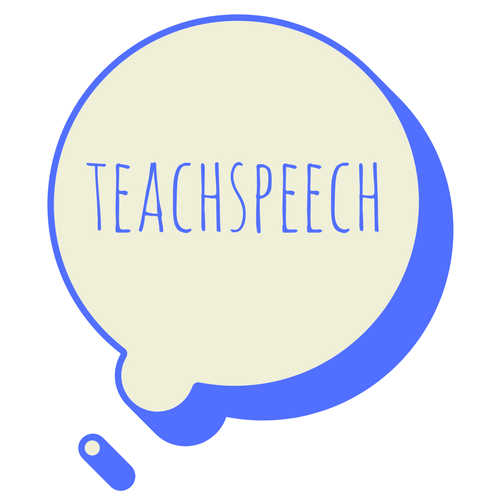In the sometimes Wonder Bread World of Speech & Debate, the cotton candy, bubblegum rabbit hole of humorous interpretation always manages to add flavor to tournaments. The strange symphony of accelerated plot lines, perplexing sound effects, and semi-inappropriate jokes can be plenty to process at first, but-just like The Office-easily becomes a crowd favorite over time. While I am a now-confirmed extemp addict, my first tournaments consisted of my own hot mess HI: a ten-minute piece cut from multiple YouTube videos with my attempts at doing exact interpretations. Needless to say, it didn’t go well. In spite of my failure, my love of interp continued to blossom. My PF teammates and I would watch Billy Chengary’s “How To Do Interp” video constantly, I would scrutinize NSDA POIs for binder technique, and I (unsuccessfully) attempted to convince my coach to let me do the Betsy DeVos Confirmation Hearings as an HI.
Interp for me was an incredibly freeing experience. For a shy ninth grader, the idea of authentically performing in front of others was daunting. Thus, with my HI, I didn’t have to bare my awkward self to the judges; I was Tammy the Half T-Rex or Bubble Boy. Popping and changing my voice allowed me to build a barrier between the performer and the stage. In the process of performing (and accumulating 6’s), however, I learned that these characters magnified my confidence to perform as Christopher Maximos. The script was not just a story, it was my chance to speak confidently and in the case of most interpers, to use comedy or drama to illustrate a message I cared about. As a decorated interp coach once told me, “Sometimes, you have to be someone else to learn more about yourself.” HI or DI or Duo or POI can be a student’s first (and only) opportunity to discover him or herself in speech and debate.
For the extemper already buried in her Economist, the PFer flipping back to Champion Briefs, and the Orator waiting for the heart moment, do interp! You may have found yourself in this activity already, but interp does have benefits beyond self-discovery. Outside of the acting bubble, Speech & Debate has begun to de-emphasize connecting with the audience and utilizing one’s body purposefully. The only way to attain these skills, though, is to demonstrate their importance, which comes from competing in interp. On the interp ballot, judges view you through a different context, prioritizing the often “forgotten” techniques of gesturing and eye contact. Instead of dismissing these skills as incongruous to your other events, apply them for a competitive and academic advantage. Similarly, the rote nature of any event can be tiresome. While interp should not be viewed as merely a Plan B event, the very nature of speech compels students to explore the terrain outside of their event comfort zone. Double enter in Congress and HI; Extemp and POI; Policy and DI; Be fearless.
Let’s face it: I’m an unapologetic interp addict. The acting, artistry, and characterization of the event absolutely enthralls me. Below the surface, though, the courage of interpers to skirt social norms for a more compelling performance is incredibly admirable. We need to inspire change beyond the classroom for our students, by inspiring change in the classroom first. Coaches, Students, and everyone in between: pick up an interp event. Who knows, you might fall in candy-coated love!
